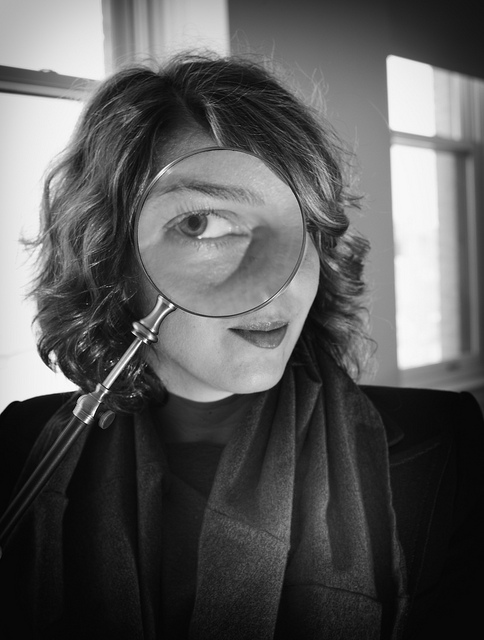On This Page...
The iCounsellor’s Guide to Finding a Counsellor.
[setmeta name=”title”]iCounsellor’s Guide to Finding a Counsellor[/setmeta][setmeta name=”description”]Avoid unqualified fakes … top tips in finding a legitimate, experienced, qualified and safe counsellor.[/setmeta][setfeatureimage img=’files/2012/01/5727340794_e77877418a_z1-e1326368699833.jpg’][iC_leaflet type=”bacp_c1″] Finding your own counsellor can be easier when you know what sort of counsellor you might need. Sometimes professional bodies do not include qualifying criteria (eg ‘Counsellors who specialise in LGBT Counsellor’).
Tip: Use search engines such as Google, Yahoo and Bing to begin your search (‘counsellors who specialise in couples’). The things to think about, below, might help you in preparing some questions for your potential therapist.
A Counsellor’s Professional Qualifications.
Does the counsellor have a recognised qualification in counselling? Do they have letters after their name ? Do the qualifications mean anything to you.
Tip: Ask the counsellor to describe their qualifications to you.
Diplomas and Degrees – ask if the counsellor’s qualifications included actual supervised practice (this means that they met regularly with a qualified supervisor to discuss their counselling work during their training). For example, a number of diplomas require 100+ hours of supervised counselling practice (ie actual face-to-face meetings with clients/patients to practice their model of therapy) to achieve their qualification. Conversely, a number of degrees (primarily the study of psychotherapy from an academic point of view) require no actual client/patient practice hours at all.
Having a qualification in the theory of counselling without having any actual practice may not be sufficient for your needs. YOu may need to decide if the counsellor’s experience is enough for your needs. Similarly, certain qualifications in counselling may not include any actual practice to gain the award if they are, say, just a certificate of attendance.
Dean Richardson has a British Association for Counselling & Psychotherapy-accredited diploma (Chichester) qualifying him to practice in psychodyamic individuals counselling. Subsequently he gained post-graduate diploma (Chichester) qualifying him to work in systemic/psychodynamic couple counselling. For group work, Dean was trained at IBM in group facilitation in the 1990s and has subsequently completed the Institute of Group Analysis (IGA) National Foundation in Group Analysis to extend his group work into therapeutic group work. All of his therapy work is regularly supervised as an ongoing requirement of membership of the BACP.
See also: Explanation of Dean Richardson’s Qualifications.
Who Awarded the Counsellor’s Qualification(s)?
Are the therapist’s qualifications awarded by a recognised professional body, that body also having suitable professional membership?
Tip: Ask the counsellor who awarded their qualifications – and then go look up the awarding body on the internet.
Dean Richardson’s primary qualifying diplomas were awarded by Chichester Counselling Services – a BACP-accredited training centre.
Is the Counsellor a Member of a Recognised Professional Body?
Is the counsellor a registered member of a recognised professional body? Does the counsellor subscribe to a recognised code of ethics or an ethical framework for their therapeutic work?
In other words – is there someone to whom you could report your complaint if you needed to? And is the counsellor OK with you knowing this?
Tip: Ask the counsellor: ‘what is your procedure for complaints?’
Dean Richardson is an accredited member of the British Association for Counselling & Psychotherapy. This accreditation by the BACP confirms his substantial amount of training, experience and professional practice. He is also a Registered Member of the BACP.


2 replies on “How to Find & Vet a Counsellor”
It is unbelievable that this industry is not yet regulated and I actually wonder what the government are thinking of? It most certainly is not the health and well being of the public nor is it to protect and value those of us with a full portfolio of qualifications, ongoing professional development and clinical supervision.
Unfortunately, this leaves the general public vulnerable, especially those with mental health issues and enduring complex needs. At best they are being financially abused; but at worse could experience inappropriate practice, behaviours and interventions, which have potential to harm.
Interestingly, practitioners with little or no qualifications will protect their lack of academic backgrounds and qualifications by giving the impression that this is not essential, whilst caring and having insightful intentions is more valid.
Most will not be aware of the need to have a DBS, CPD, Mandatory training including life saving, H+S, data protection/FOI, ethics, insurance and supervision.
I believe this issue should be addressed without delay to protect the public and the profession.
A chap from Pakistan was asking on a Social Network group (for professional counsellors) if anyone could recommend a 3-month training course to become a counsellor.
He had “dabbled” in counselling people a bit, and so thought he would be a good counsellor because he “listened well”.
His qualifications were in a scientific field (beyond degree-level).
It was put to him that he was a danger to his clients. That counselling was not “done” to people, like the approach a scientist would employ. That he didn’t know… what he didn’t know… about why he would be dangerous to people’s mental health. That he aught to be looking at several *years* (not months) of training and practice before qualification.
His reply was: “LOL, but I become bored after a few weeks”.
In the UK this person would be allowed to practice in without any legal restrictions for claiming to be a counsellor (maybe there are laws that could be manoeuvred to fit the damage he would cause in retrospect).
I’m not a fan of regulation – but if this is what we who have worked to become qualified, to become experienced, who have obtained professional membership accreditation, who continue with monthly supervision and CPD, practice in an ethical manner, would have to go through in regulation to prevent Mr Pakistan from setting up shop and causing harm to others… then I’d go through regulation.